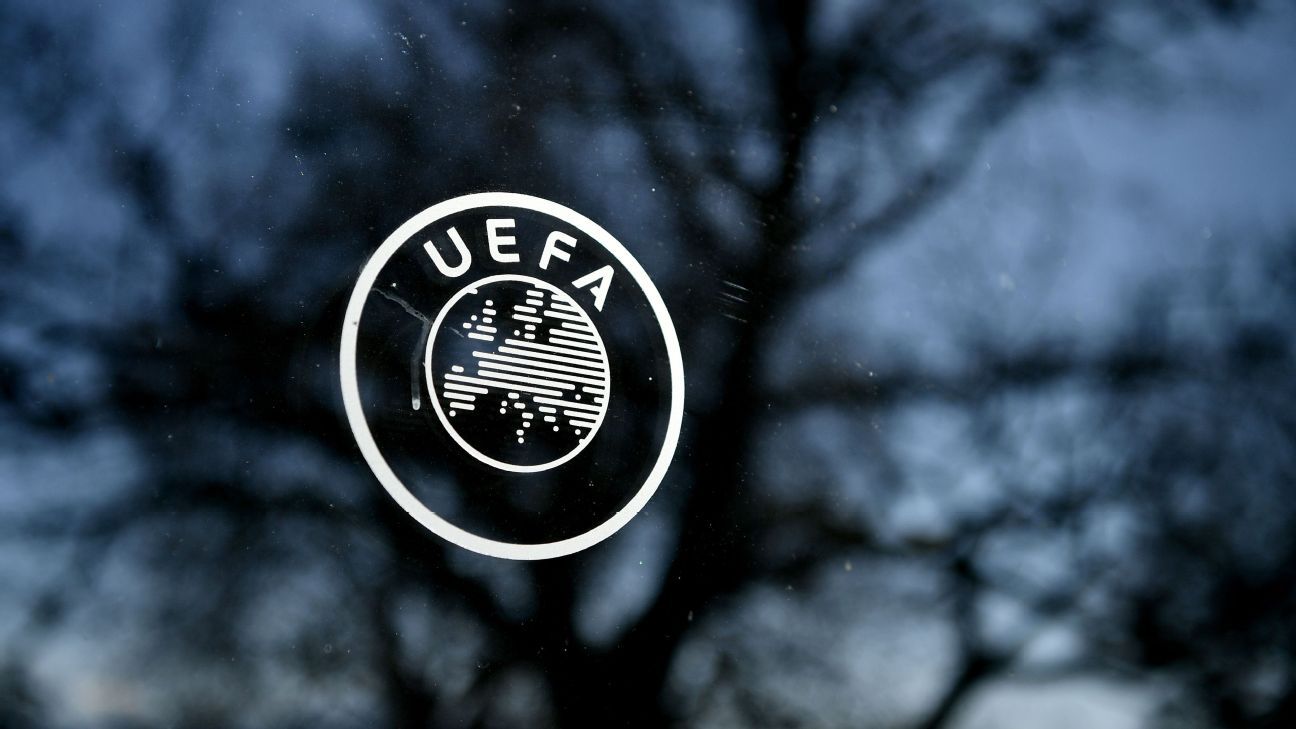
Cognitive behavioural therapist Lauren Povey outlines some techniques you can use to stop negative thoughts affecting your performance
The feelings of anxiety, stress and worry you experience before you compete can be caused and worsened by dysfunctional and ingrained thoughts you can have about yourself or the situation.
The negative thoughts and beliefs you hold such as, “I’m not sure I’m as good as my opponents” or “it’ll be embarrassing when I fall or get hurt”, can have an impact on the choices you make during competition. These thoughts can even have an effect on the future you have as an athlete.
Cognitive behavioural therapy (CBT) is a widely used treatment for anxiety and stress. It can help a person become aware of their unhelpful thought patterns and understand the entrenched beliefs that are causing them to think and feel this way. For athletes, it gives you the opportunity to respond differently to stress triggers, such as upcoming competitions.
How does CBT work?
CBT works to address and interrupt any negative thought patterns you have while giving you the opportunity to learn new ways of thinking.
You spend time monitoring your daily thoughts, feelings and behaviour, taking notice of any particular patterns and pinpointing any that are unhelpful, unrealistic and impacting on how you perform. You then work on changing these thought patterns through different strategies that allow you to replace negative thoughts with positive ones.
Typically, CBT is carried out in one-to-one sessions with a therapist. As a CBT therapist, I treat people with anxiety at Priory Hospital Chelmsford and I’ll now outline some of the different techniques that you can use.
Monitoring and replacing negative thoughts
After training or competition, make a long list of any negative thoughts that you had. Maybe you thought “I’m so slow, I can’t keep up with any of the other athletes.”
Carefully reflect on why this thought is unhelpful and what will happen if you continue to think that way, and jot these unwanted outcomes down. Will you perform at a lower standard or will it cause you to lose faith in yourself and the sport?
Then, challenge the initial thought you had in order to demonstrate to yourself that it’s unrealistic. You know your level of skill and the amount of experience you have. You also know everything is relative – some people will be faster than you and some people will be slower.
Next, in response to your initial negative thoughts, write down a more positive one you could have had instead. If you thought you wouldn’t be able to keep up with the others, you could write down “I’m glad I have the opportunity to hone my skills around such good athletes” or “I will make sure I learn a lot from these athletes”. Rather than impacting on your self-esteem like the negative thought, the reframed thought will give you motivation and spur you on to perform well.
Like anything this technique will take practice. But as you do it more and more, you will notice that it starts to come naturally in moments that have previously caused you to feel stressed or anxious.
Visualising success instead of failure
In the lead-up to a training session or performance visualise the achievement that you want. This will act as a non-verbal instruction, training your body to act confidently in moments when you otherwise would have been nervous.
By spending time visualising success as opposed to failure, you work to build up your experience and confidence, which in turn can put a stop to you worrying about possible things that could go wrong.
Positive self-talk rather than negative inner dialogue
When you’re training or competing and someone performs better than you, do you spur yourself on or shoot yourself down? If your inner dialogue tells you that you can’t do something, that something will go wrong, or that it is too hard, work on swapping this for positive self-talk.
Have a category of phrases you can use in different phases of the performance. If you find yourself indulging in negative self-talk before you perform or compete, work on swapping thoughts such as “this will be too hard” for something positive and importantly believable like “work hard” or “I can do this” to focus and motivate you.
If you slip into negative self-talk during the performance or competition and start thinking, for example, “I can’t push any harder”, practice a simple mantra such as “go, go, go” to inspire yourself as opposed to clouding yourself with self-doubt. Also have instructional self-talk available for moments you are concerned about, such as “focus on your feet” or “light, soft, relax”.
Positive self-talk should also continue after you have finished. Don’t instantly become critical – instead take time to praise yourself for any achievements you made. Even if things didn’t quite go to plan, take the time to review and to remember that any small step you make is progress. Again, over time and with repetition, this can become a habit that sticks, which will help to improve your self-esteem, motivation and energy.
It is important to note that if your feelings of worry, anxiety or stress are persisting, worsening, or are having an impact on
your day-to-day life, you should seek help from a medical professional. They will be able to offer advice on the best course of action and determine if you need any further professional treatment.















 Phone: (800) 737. 6040
Phone: (800) 737. 6040 Fax: (800) 825 5558
Fax: (800) 825 5558 Website:
Website:  Email:
Email: 






